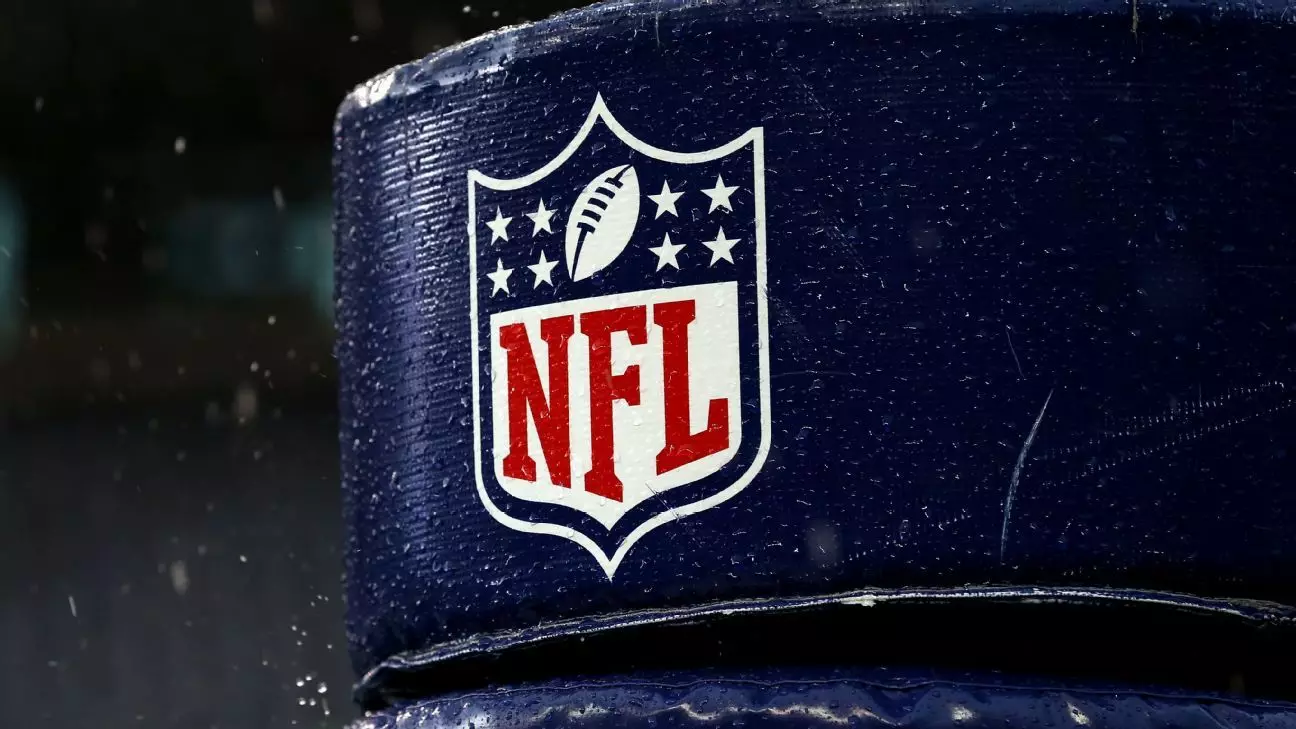In a recent ruling, a jury in U.S. District Court ordered the NFL to pay over $4.7 billion in damages for violating antitrust laws. The jury awarded $4.7 billion to the residential class and $96 million to the commercial class, potentially costing the league $14.39 billion when damages are tripled. The lawsuit focused on the distribution of out-of-market Sunday games through a premium subscription service, specifically targeting the package of games from the 2011 through 2022 seasons on DirecTV.
The lawsuit alleged that the NFL violated antitrust laws by selling its Sunday games package at an inflated price and restricting competition by offering “Sunday Ticket” exclusively on a satellite provider. Despite the verdict, the NFL plans to appeal the decision, expressing disappointment with the outcome. The league defended its media distribution strategy, emphasizing the availability of games on free over-the-air television and national channels in the markets of participating teams. The potential impact of the damages could amount to approximately $449.6 million for each of the 32 teams, highlighting the financial implications for the league.
The trial, which lasted three weeks, featured testimony from notable figures such as NFL commissioner Roger Goodell and Dallas Cowboys owner Jerry Jones. Plaintiffs’ attorney Bill Carmody celebrated the verdict as a victory for consumers, emphasizing the protection provided by the decision. The jury deliberated for nearly five hours before reaching a conclusion, indicating the complexity of the case and the weight of the evidence presented. Post-trial motions are scheduled for July 31, with potential further appeals to the Ninth Circuit Court.
The lawsuit against the NFL also drew attention from other professional sports leagues that offer out-of-market packages. While MLB, the NBA, and the NHL have similar offerings, a key difference lies in their distribution and revenue-sharing models. Unlike the NFL, these leagues market their packages on multiple distributors and share revenue per subscriber, rather than receiving outright rights fees. The case sheds light on the evolving landscape of sports broadcasting and the potential challenges faced by leagues in adapting to changing consumer preferences.
The litigation surrounding the NFL’s “Sunday Ticket” package raises questions about the league’s future distribution agreements and the potential impact on viewership. The league’s partnership with DirecTV, which began in 1994 and ended in 2022, has now transitioned to a new deal with Google’s YouTube TV starting in 2023. The lawsuit underscores the importance of fair competition and consumer choice in the sports broadcasting industry, prompting a reassessment of existing practices and agreements.
The recent verdict in the NFL antitrust lawsuit marks a significant development in the realm of sports broadcasting and distribution. The outcome of the case has far-reaching implications for the league and other professional sports organizations, highlighting the importance of adhering to antitrust laws and promoting fair competition. As the NFL prepares to appeal the decision and potentially reconsider its distribution strategies, the legal proceedings serve as a reminder of the complexities involved in modern sports media and the need for transparency and accountability in the industry.



Leave a Reply